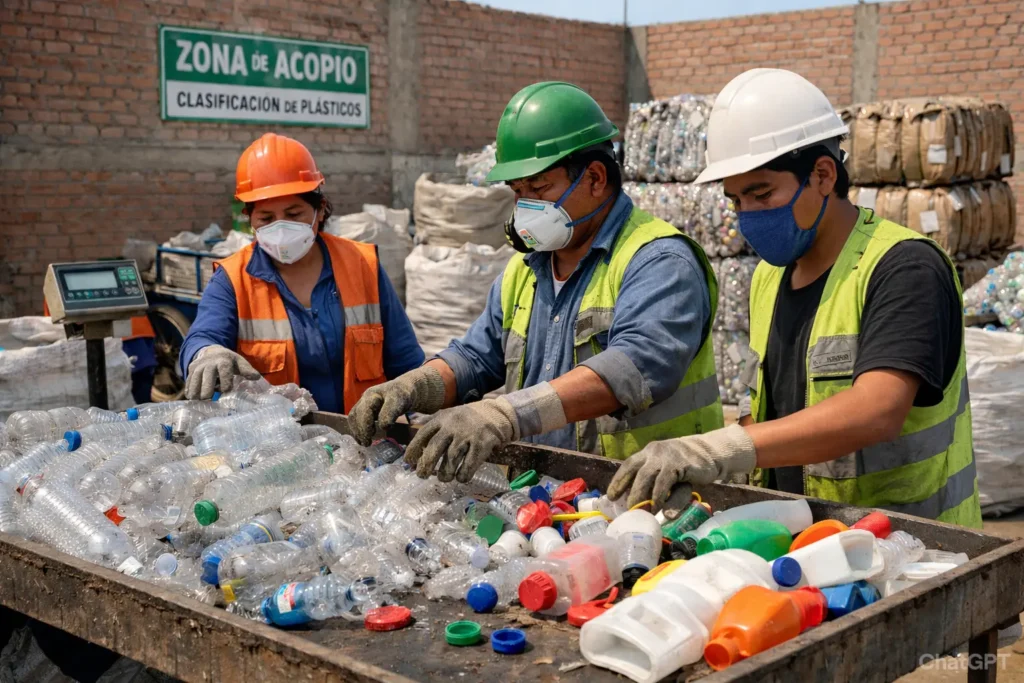Within the framework of the project Increasing the transparency and documentation of the private sector's contribution to national climate commitments. that Libélula, through its nexos+1 platform, has been strategically developing with UNEP-DTU Partnership, 02 webinars were held this May to learn about the main tools for voluntary disclosure of corporate climate action.
During the May 21 webinar, How the private sector can transparently assess and report on its Greenhouse Gas (GHG) emissions, Dr. Daniel Puig highlighted the fact that more and more companies are making their progress transparent with respect to their GHG emissions management and reduction efforts. He also presented the protocols that are most widely used today by the private sector to monitor and report on corporate GHG emissions: (01) Greenhouse Gas Protocol Corporate Accounting and Reporting Standard, (02) ISO 14064 and, (03) GRI 305: Emissions.

According to Carbon Disclosure Project (CDP), in 2020, 9 600 companies reported their GHG emissions globally. This was 14 % more than the previous year (2019). The reasons behind this are various, among them the impact on public relations, process optimization and resource consumption savings, or because they respond to the demands of customers and investors.
Dr. Daniel Puig
Senior Advisor of the Technical University of Denmark (DTU)
Dr. Puig also highlighted the most common difficulties faced by corporate sustainability teams in reporting their GHG emissions, to which he offered the following recommendations:
- Why are GHG emissions measured?
- What do I want my communication strategy to be?
- What type of information is the measurement expected to contain?
- How much resources are available?
The scope of the inventory is associated with the objective behind the measurement. In addition, it must match the number of operational units that are financially controlled.
Several of the protocols have already developed a particular section for certain sectors where their most important levels are clearly explained.
Which is associated with a process of progressive improvement. Focus on those that are relevant to your measurement objective. Be practical, if they are insignificant leave them out.
It happens when you expand your operations and often requires (because of its relevance to measurement) the support of an external party.
Rigorous measurement not only involves defining responsibilities, but also developing capabilities in the teams to incorporate it into the routine.




